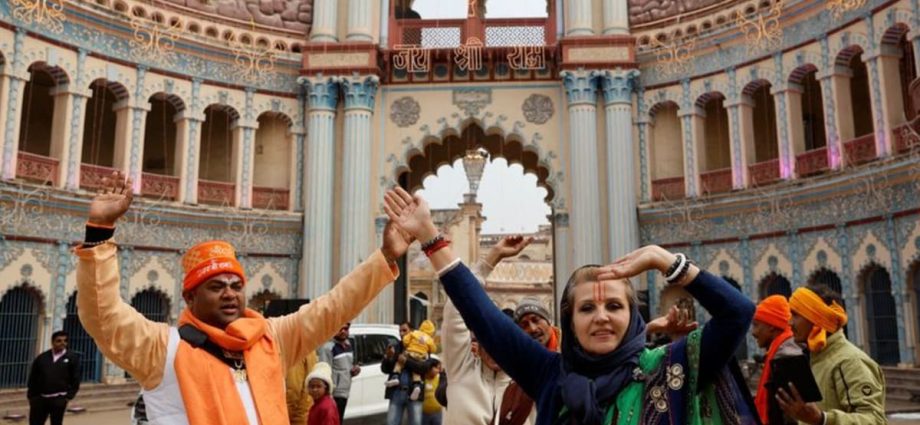
Assoc Prof Singh said the temple’s inauguration undermined one of the founding constitutional principles of India, which is that it is a secular country with equal rights for citizens of all religions.
It sends “a very clear signal” to India’s Muslim minority, which has often been subject to violent discrimination under the BJP regime, she added.
The new temple also undermines institutions such as the judiciary, whose judgment actually cleared the path for the building of this temple, she noted.
The site represents how India has veered towards Hindu nationalism over the years, said Assoc Prof Singh.
“In 1992, it was very much a site of conflict and of this Hindu identity that was just being mobilised. What you’re seeing today is the ascendence, the hegemony (and) the triumph of this Hindu (identity) that has been so central to the ruling party and the Prime Minister,” she said.
Dr Sen said that unlike the 1992 incident, the new temple’s inauguration was unlikely to trigger a fresh wave of violence.
This is due to a high level of security around the country, and the current state of the Muslim minority which is “more fearful of the situation rather than prone to sort of take up acts of violence”, he said.
Several violent clashes erupted last year between Hindus and Muslims during Hindu processions in states like Haryana and Gujarat.

